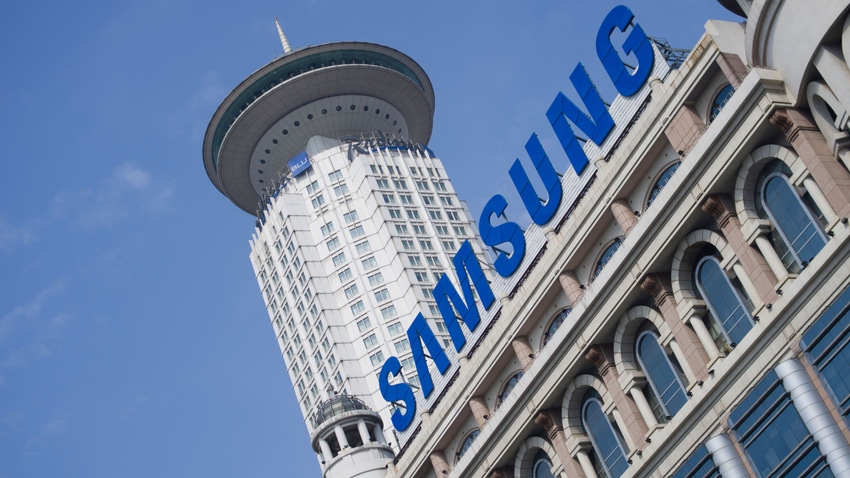Samsung beats estimates, sees chip rebound in 2024
As the chip glut clears, Samsung forecasts growth ahead from mobile, HPC and on-device AI.

Samsung's Q3 result has beaten analysts' estimates amid strong signs of strengthening semiconductor demand.
The devices, chips and components conglomerate posted earnings of 5.5 trillion Korean won (US$4.1 billion), more than double analysts' expectations of KRW2.52 trillion ($1.86 billion), according to Bloomberg (paywall applies).
Its operating profit, despite dropping 78% from the previous year, was a third higher than the average estimate in a Yonhap Infomax poll.
On a quarterly basis, operating profit more than tripled and revenue increased by 12%. Signs of a recovery are evident in the flagship device solutions unit, which includes the memory and foundry businesses, despite posting its third successive quarterly loss.
The unit finished KRW3.75 trillion (US$2.77 billion) in the red – a huge slide from a KRW5.1 trillion ($3.77 billion) profit a year ago – but revenue was 12% higher on a quarterly basis, aided by demand for new products such as high bandwidth memory (HBM).
Memory sales also grew 17% quarterly, with the company expecting demand to further improve in Q4 and in 2024 as inventories clear and from growing adoption of high-density products and on-device AI.
The foundry business was "sluggish due to stagnant line utilization," Samsung said, but it expects improved earnings in Q4 as inventories shrink.
Return to growth
The company believes chipmaking will return to growth next year "thanks to a rebound in mobile demand and continued growth in HPC demand."
Its mobile business, which covers devices and networks, remained in the black, delivering a 6% higher operating profit of KRW3.7 trillion ($2.74 billion).
The company forecasts seasonally-driven growth in smartphones in Q4 but thinks competition will "intensify" because of geopolitical risks and uncertainties.
It anticipates the market will grow in 2024 as consumer sentiment stabilizes. The company said it aims "to grow annual flagship shipments by double digits and achieve smartphone revenue growth exceeding the market growth."
Samsung's small networks business, which has made some gains in North America and Japan in recent years, recorded a 40% drop in revenue to 750 billion won ($556 million).
Network sales had fallen in offshore markets as a result of operators scaling back investments, the company said.
It said the unit would focus on winning fresh contracts in overseas markets, taking advantage of its "technology leadership in core 5G chips and vRAN."
Read more about:
AsiaAbout the Author(s)
You May Also Like












